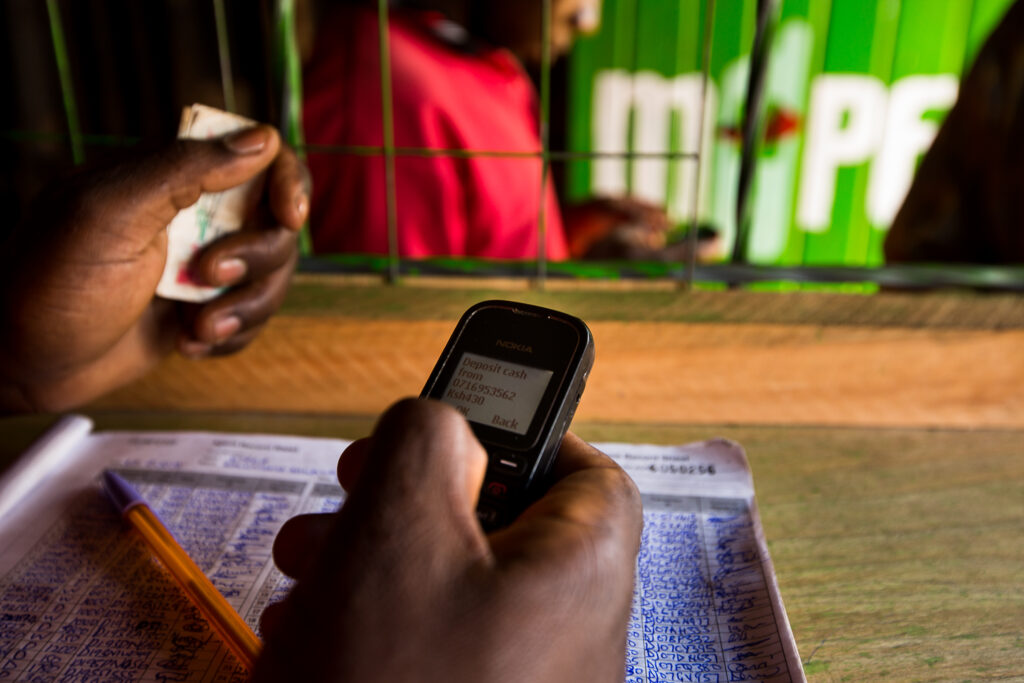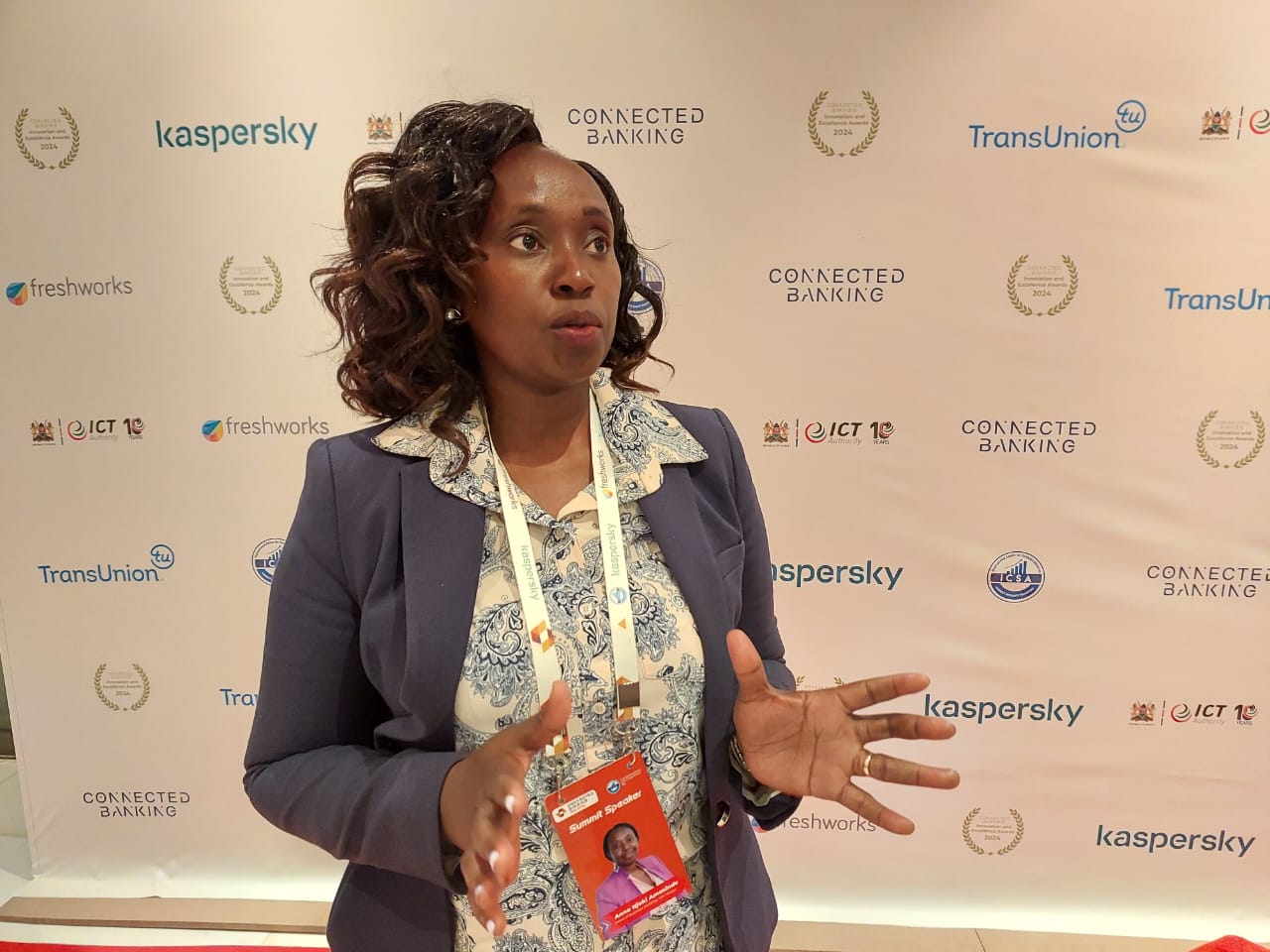
Experts urge banks to do more for financial inclusion of women
The advancement of technology, especially mobile telephony and mobile banking, has helped millions of people in Africa access banking and finances.
In particular, many women who were previously left out of the financial ecosystem, can now access banking and other financial services and take part in the regional and global economy.
However, several factors still exacerbate gender disparity in access to banks and finance across Africa. Some of these factors include a lack of access to collateral, informal ways of doing business, and low financial literacy.
This is illustrated by the fact that only 37 percent of women in Sub-Saharan Africa had a bank account, compared to 48 percent of men, according to the African Development Bank (AfDB).
In North Africa, the AfDB estimated that about two-thirds of the adult population remains unbanked and the gender gap for access to finance is the largest in the world, at 18 percent.

Anna Njoki Amasinde, Head of Business Banking at HFC Kenya, said one way banks can remedy this is by making collateral requirements more flexible to accommodate more women.
“Many women have been found not to have security. And in instances where they have access to collateral, it most likely belongs to or is in the name of a man they are related to.”
Amasinde further explains that there are a variety of innovative ways to address this challenge, including accepting household goods as security and offering flexibility on unsecured lending for women.

Njoki Amasinde added that banks can leverage technology to capture proper data for attractive women-banking solutions.
“They need to set their data in a way to identify women-owned businesses. Data analytics can actually speak to the various issues of financial inclusion.”
Another challenge women face in financial inclusion is that commercial banks tend to focus on men and formal businesses, largely ignoring women who make up a sizable part of the informal economy, according to the International Labour Organization (ILO).
To that effect, Amasinde encouraged women to formalize their businesses and avoid “table banking”, noting that it is vital for financial institutions to have one’s financial history with them to access credit.
Moses Munguti, Lead Technical Expert for East Africa at Kaspersky, also called on financial institutions to exploit artificial intelligence (AI) to enhance aspects of financial inclusion.
Munguti noted that AI can help women enjoy the same access to financial services as men. He says AI makes banking and financial transactions highly convenient and eliminates complex operations.
“As the user becomes more aware of different financial services, they don’t want to do banking on one application, then trade on other platforms on a different application. They want a one-stop shop,” Munguti said.






